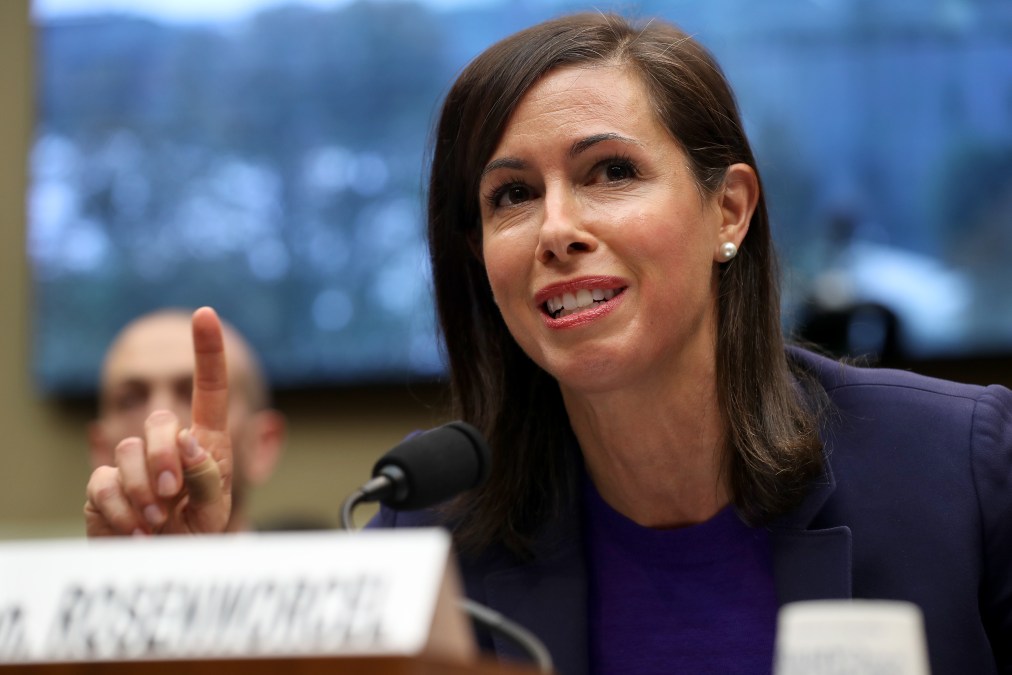FCC advisory committee to focus on how AI can defend against unwanted calls

The latest iteration of the Federal Communications Commission’s Consumer Advisory Committee will have an eye trained specifically on how artificial intelligence can be used to protect vulnerable populations from unwanted and illegal calls, the agency said Tuesday.
While the CAC is charged with advising agency commissioners and delivering formal recommendations on broader privacy and consumer issues, this group will be particularly focused on AI’s defensive potential when it comes to such calls.
“As AI rapidly advances, illegal calls utilize more sophisticated tactics, and too many communications tools potentially leave limited-English speakers behind,” FCC Chairwoman Jessica Rosenworcel said in a statement. “We are committed to actively engaging these challenges and opportunities today and looking into the future. I look forward to the work the committee will do and hearing their recommendations for how the Commission can advance these efforts to help and protect consumers.”
The CAC’s assignment comes amid a flurry of regulatory action from the agency to combat unwanted calls. Earlier this month, the FCC unanimously adopted a rule to ban the use of AI-generated voices in robocalls, which followed a proposal from Rosenworcel to make AI-generated robocalls illegal under the Telephone Consumer Protection Act.
In launching an inquiry last fall into AI’s impact on robocalls and robotexts, Rosenworcel noted that it would be a “mistake if we only focus on the potential for harm. We need to equally focus on how artificial intelligence can radically improve the tools we have today to block unwanted robocalls and robotexts.”
Congress has also been active on AI and unwanted calls. Last month, Rep. Frank Pallone, D-N.J., ranking member of the House Energy and Commerce Committee, oversaw the introduction of a package of bills, known as the Do Not Disturb Act, that are intended to bring “anti-robocall protections into the 21st century” while also ensuring that “illegal robocallers and scam artists can’t exploit new loopholes even as technology continues to evolve.”
The CAC, whose first meeting is scheduled for April 4, will include 28 new and returning members, coming from nonprofits, telecoms and trade groups, among other professional organizations. The co-chairs will be Claudia Ruiz, a senior civil rights policy analyst at UnidosUS, and John Breyault, vice president for public policy, telecommunications and fraud at the National Consumers League.
Cara Grayer, an attorney adviser with the FCC’s Consumer and Governmental Affairs Bureau, will serve as the CAC’s designated federal officer, while Diana Coho, a consumer affairs and outreach specialist with the agency, has been tabbed as deputy DFO.



